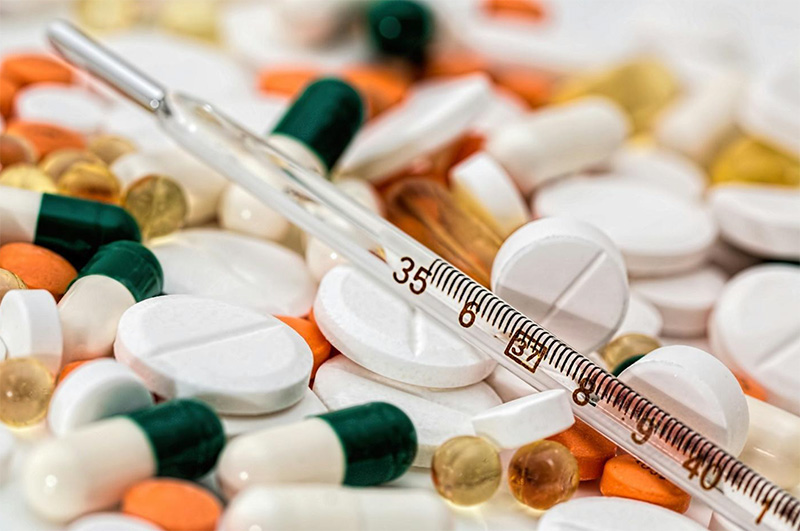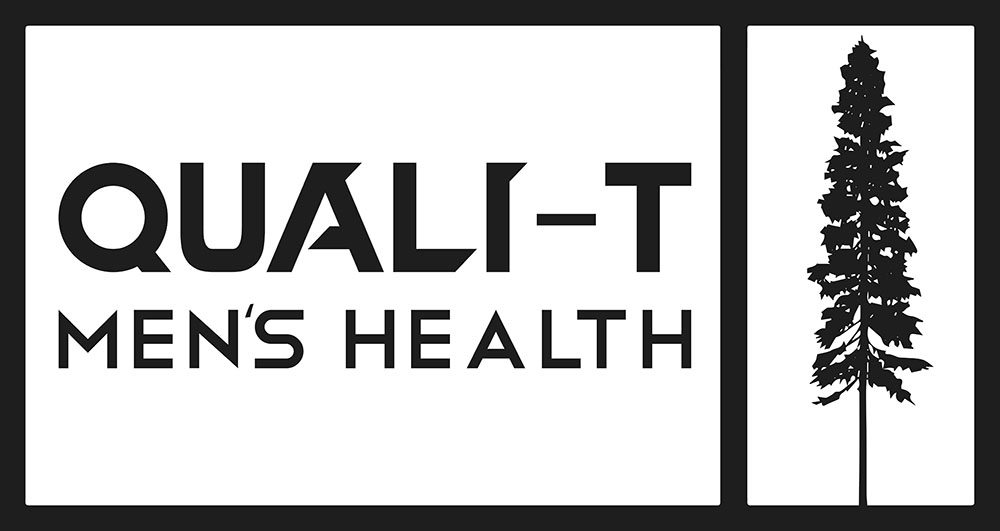
Testosterone Replacement Therapy (TRT) can be a transformative treatment for men with low testosterone levels, however, it is crucial to understand how TRT may interact with other common medical conditions. Proper management of these interactions can help optimize treatment outcomes and minimize potential risks. Here’s a guide to how TRT might affect various health conditions.
- Cardiovascular Health
Interaction:
TRT can impact cardiovascular health in various ways. It may improve some markers of cardiovascular health, such as cholesterol levels and body fat distribution, but it also poses potential risks.
Considerations:
- Improvement: Some studies suggest that TRT can help improve lipid profiles and reduce body fat, potentially benefiting heart health. Many studies also show the conversion of testosterone to estradiol is also cardioprotective.
- Risks: TRT may increase red blood cell count (hematocrit), which has been speculated to elevate the risk of blood clots and cardiovascular events. Regular monitoring of blood levels is essential.
- Diabetes and Metabolic Syndrome
Interaction:
TRT can affect blood sugar levels and insulin sensitivity, which is important for men with diabetes or metabolic syndrome.
Considerations:
- Improvement: TRT may help improve insulin sensitivity and reduce body fat, which can positively influence glucose control.
- Monitoring: Regular blood sugar monitoring is crucial, as TRT might necessitate adjustments in diabetes management or medications.
- Prostate Health
Interaction:
Testosterone plays a role in prostate health, and TRT can have implications for conditions such as benign prostatic hyperplasia (BPH) and prostate cancer.
Considerations:
- BPH: TRT may exacerbate symptoms of BPH, such as urinary difficulties in a select few individuals. Regular prostate monitoring and evaluation are necessary.
- Prostate Cancer: TRT is generally not recommended for men with active prostate cancer. It’s crucial to have a thorough prostate examination and discussion with a healthcare provider before starting TRT.
- Sleep Apnea
Interaction:
Obstructive sleep apnea (OSA) can be influenced by TRT, as testosterone may affect respiratory function.
Considerations:
- Risk: TRT might exacerbate existing sleep apnea or contribute to the development of sleep-disordered breathing.
- Monitoring: Men with sleep apnea should be closely monitored during TRT, and adjustments to treatment may be required based on sleep studies.
- Liver Health
Interaction:
Oral forms of testosterone replacement therapy can have implications for liver health.
Considerations:
- We do not use oral testosterone. It’s simply not worth it and there are much better and safer alternatives.
- Mental Health Conditions
Interaction:
TRT can influence mental health, particularly in relation to mood disorders such as depression and anxiety.
Considerations:
- Improvement: Many men experience improved mood and reduced symptoms of depression with TRT.
- Monitoring: It’s important to monitor mental health closely, as TRT may interact with existing mood disorders or medications used to treat them.
- Bone Health
Interaction:
Testosterone is essential for maintaining bone density, and TRT can have positive effects on bone health.
Considerations:
- Improvement: TRT can help increase bone density and reduce the risk of osteoporosis in men with low testosterone.
Conclusion
Testosterone Replacement Therapy can significantly benefit men with low testosterone, but its interactions with other medical conditions must be carefully managed. Understanding these interactions and working closely with a healthcare provider can help ensure a safe and effective treatment journey. Regular monitoring and communication with your healthcare team at Quali-T Men’s Health is key to optimizing TRT and maintaining overall health.





